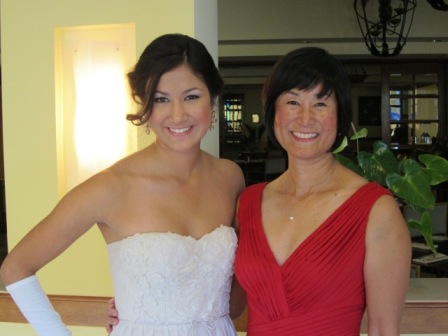Volunteer Spotlight – Karen Jordan

Karen Jordan takes a holistic approach to her volunteer work for JDRF. She has been involved with our Chapter for years and was recently appointed VP of Research on our Executive Board. However, she considers this position as just one way to make a difference:
“I view my role as a way to support our outreach and volunteer engagement efforts by making sure everyone in the community knows about the tremendous progress JDRF has stimulated toward cure-like treatments and ultimately a full biological cure for T1D,” she says. “These research efforts bring hope and motivation to support JDRF’s efforts so that the world can one day be free of T1D.”
Like so many parents, Karen’s passion stems from the love of her daughter Ali who was diagnosed with T1D six years ago at the age of 13. When Karen was introduced to JDRF and got to know other families who live with T1D, she found herself immersed in a community. She knew that the collective energy of people who shared a common mission would be a very powerful force against T1D. Now she wants to raise awareness about T1D, let people who are newly diagnosed know that they are not alone, and share the exciting research advancements funded by JDRF.
The courage and strength that Ali demonstrates in managing her T1D inspires Karen on a daily basis. The entire Jordan family, including Ali’s twin brother Connor and father Jeff, participates in the Walk to Cure Diabetes each year. Ali is currently finishing her freshman year at Stanford and is organizing Stanford’s chapter for the College Diabetes Network. She has also acted as a mentor in JDRF’s CommuniTeens program.
Karen plans to work tirelessly to help rid the disease from her daughter’s life. “It’s a difficult chronic disease because of the full-time and complex management requirements necessary to live a ‘normal’ life,” she says. “It takes a big chunk of brain power 24/7, you can’t ignore it or take a break from it, it takes away spontaneity, and even if you do everything possible to manage it, it can quickly turn deadly.”
Karen is energized by the life-changing therapies that are lessening the burden of T1D and she looks forward to the day when the disease is no longer a threat to anyone. “A cure would mean Ali and everyone with T1D could celebrate life’s milestones – like heading off to college, landing a first job, or having children – with pure enjoyment instead of having them tainted by accommodations for T1D,” she says. “It would mean freedom.”